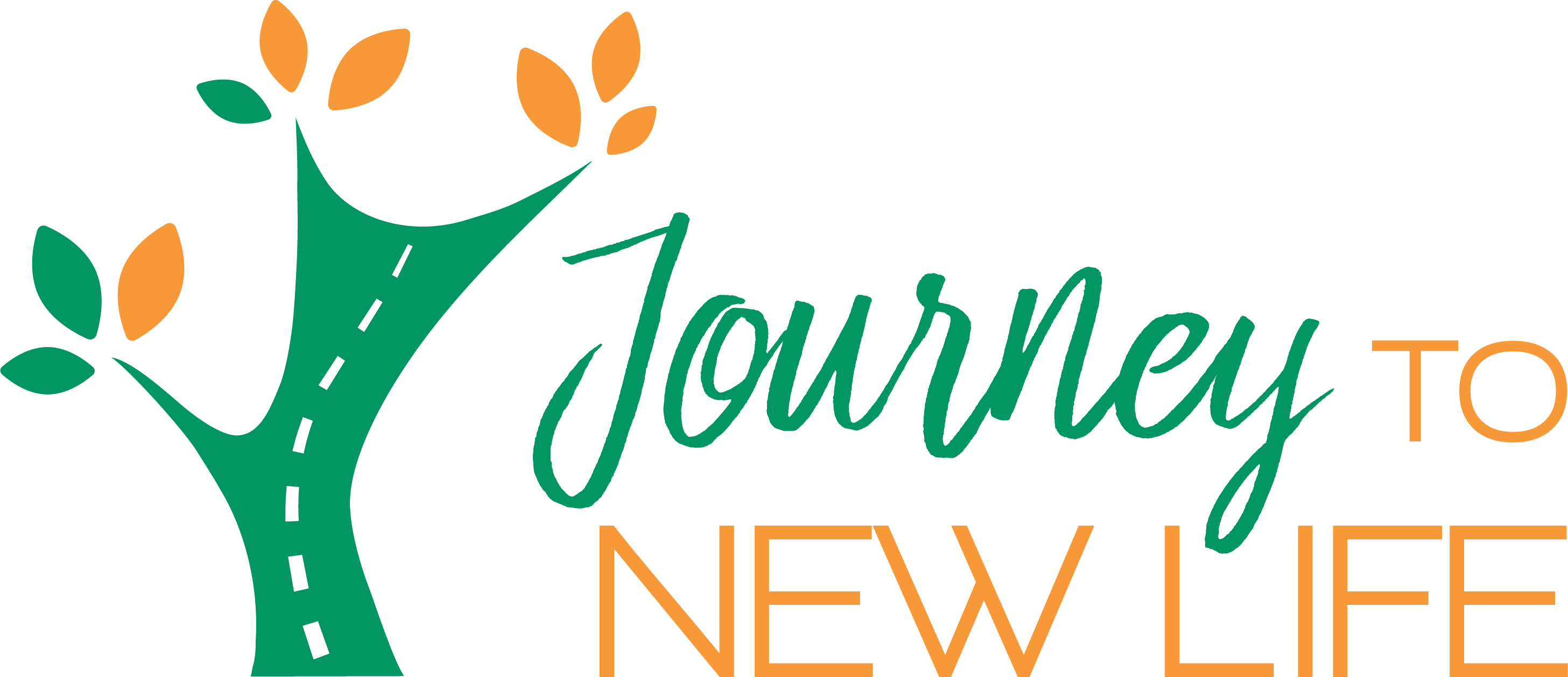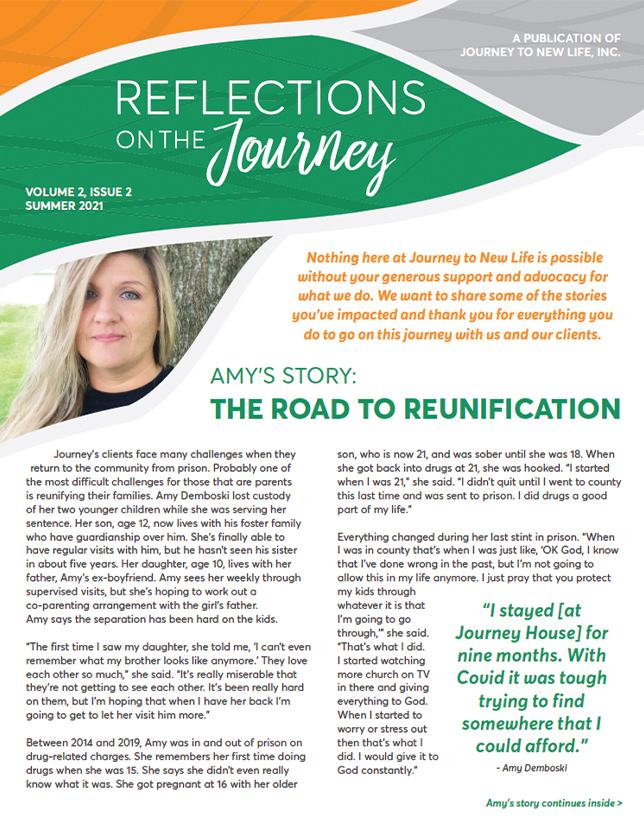
 Journey’s clients face many challenges when they return to the community from prison. Probably one of the most difficult challenges for those that are parents is reunifying their families. Amy Demboski lost custody of her two younger children while she was serving her sentence. Her son, age 12, now lives with his foster family who have guardianship over him. She’s finally able to have regular visits with him, but he hasn’t seen his sister in about five years. Her daughter, age 10, lives with her father, Amy’s ex-boyfriend. Amy sees her weekly through supervised visits, but she’s hoping to work out a co-parenting arrangement with the girl’s father. Amy says the separation has been hard on the kids.
Journey’s clients face many challenges when they return to the community from prison. Probably one of the most difficult challenges for those that are parents is reunifying their families. Amy Demboski lost custody of her two younger children while she was serving her sentence. Her son, age 12, now lives with his foster family who have guardianship over him. She’s finally able to have regular visits with him, but he hasn’t seen his sister in about five years. Her daughter, age 10, lives with her father, Amy’s ex-boyfriend. Amy sees her weekly through supervised visits, but she’s hoping to work out a co-parenting arrangement with the girl’s father. Amy says the separation has been hard on the kids.
“The first time I saw my daughter, she told me, ‘I can’t even remember what my brother looks like anymore.’ They love each other so much,” she said. “It’s really miserable that they’re not getting to see each other. It’s been really hard on them, but I’m hoping that when I have her back I’m going to get to let her visit him more.”
Between 2014 and 2019, Amy was in and out of prison on drug-related charges. She remembers her first time doing drugs when she was 15. She says she didn’t even really know what it was. She got pregnant at 16 with her older son, who is now 21, and was sober until she was 18. When she got back into drugs at 21, she was hooked. “I started when I was 21,” she said. “I didn’t quit until I went to county this last time and was sent to prison. I did drugs a good part of my life.”
I stayed [at Journey House] for nine months. With Covid it was tough trying to find somewhere that I could afford.
Everything changed during her last stint in prison. “When I was in county that’s when I was just like, ‘OK God, I know that I’ve done wrong in the past, but I’m not going to allow this in my life anymore. I just pray that you protect my kids through whatever it is that I’m going to go through,’” she said. “That’s what I did. I started watching more church on TV in there and giving everything to God. When I started to worry or stress out then that’s what I did. I would give it to God constantly.”
Amy was released in January 2020. This time, she went straight to Journey to New Life. She was accepted as a resident of the Peace House, and she credits this experience as giving her the opportunity to start the new life she wanted.
“I stayed there for nine months. I was there well longer than anybody else,” she said. “With Covid, it was tough trying to find somewhere that I could afford. I didn’t want to just jump into something and not make it again. So I ended up staying. I think I was scared to be on my own. When things didn’t work out, I would just be afraid everything’s going to fall apart. Journey worked with me until I got my own place. I’m just grateful for that.”
Journey to New Life also helped her when she got COVID-19 and again when she was hurt at work. She says she’s extremely thankful for all that Journey to New Life has done for her. She knows her chances of transforming her life would have been less likely if she had returned to the same environment she was in before her incarceration.
I stayed [at Journey House] for nine months. With Covid it was tough trying to find somewhere that I could afford.
Now, Amy lives in a two-bedroom apartment and works a night job. She feels like she has a new beginning. She remains committed to reunifying her family. She’s also planning for her future. “I want to finish getting my GED,” she said. “I’ve been thinking about doing the school for drug counseling. I think I would be good at helping people and letting them know there is hope, and life is OK without drugs. You don’t need drugs to make it through life. No matter what you’ve been through, there’s something better out there.”

